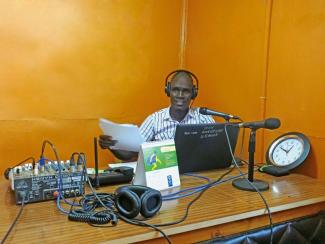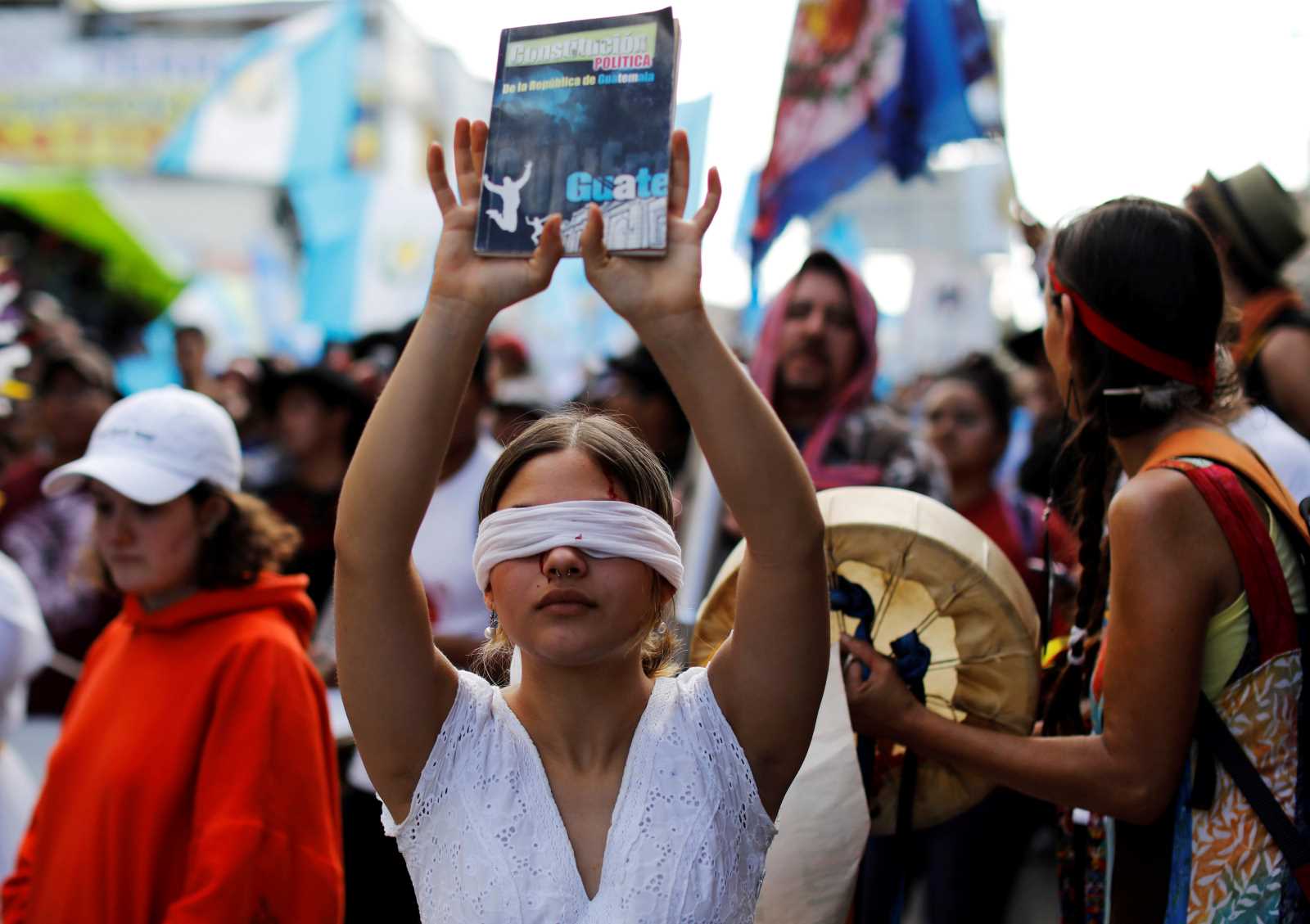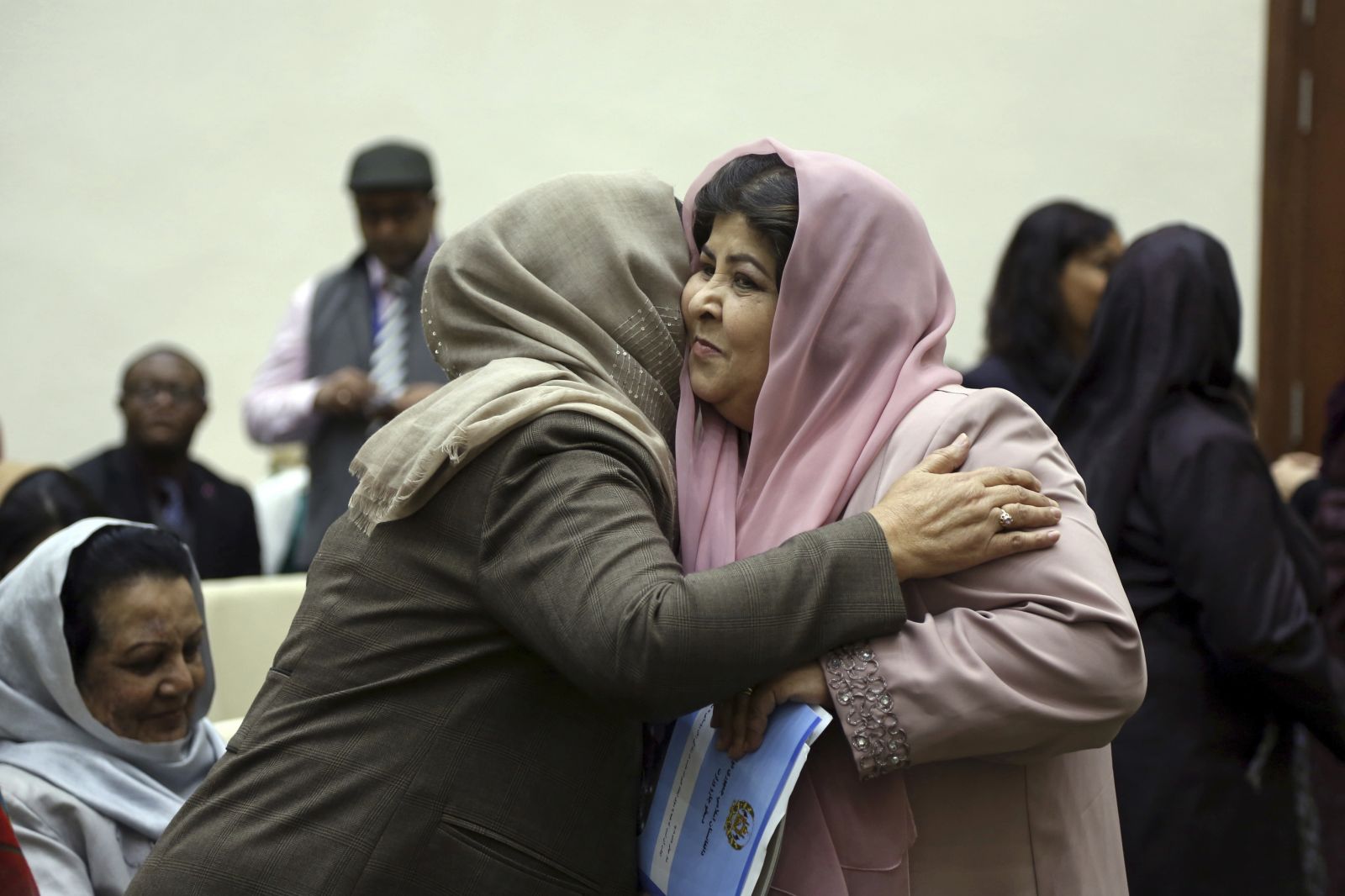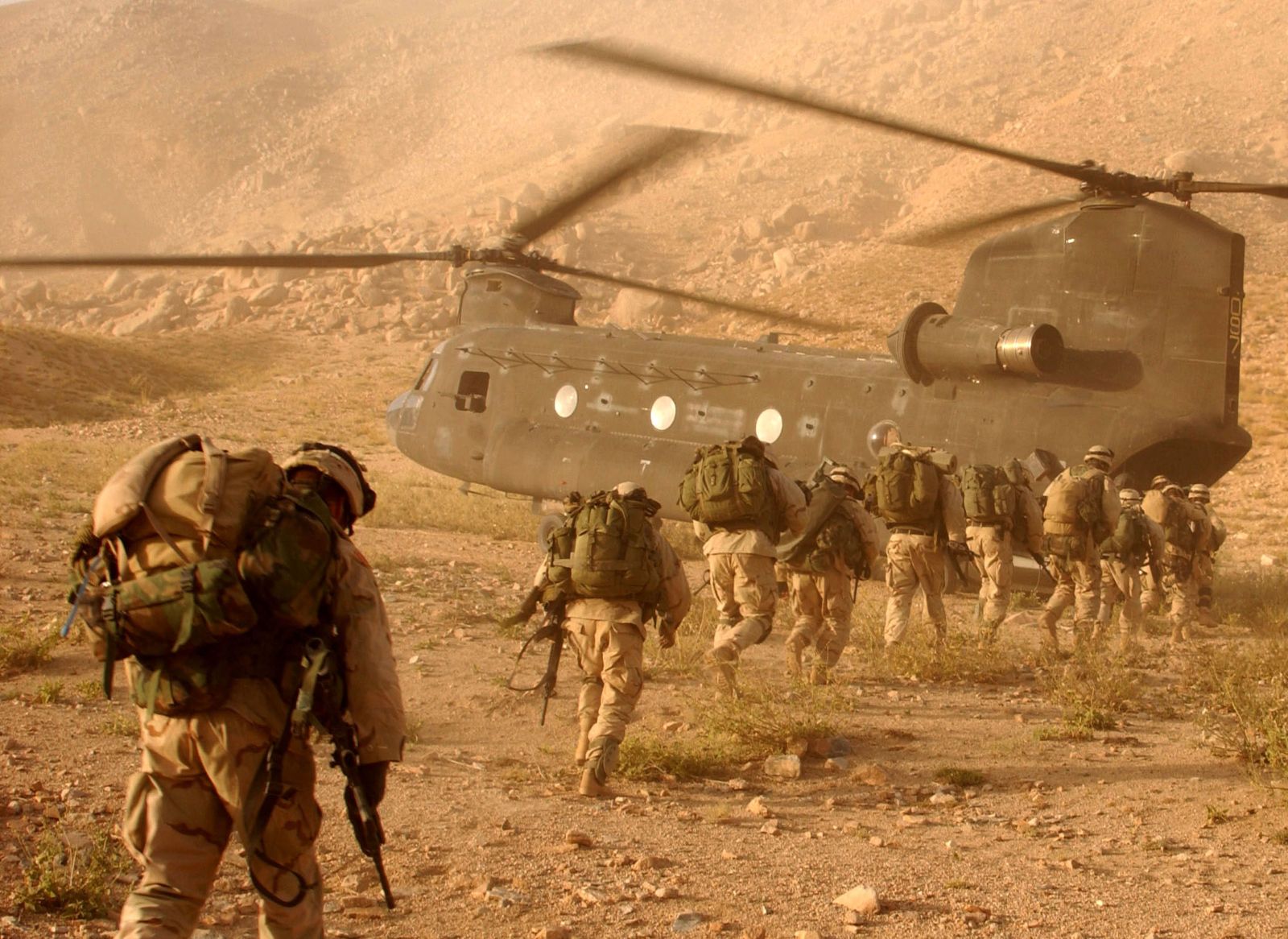Media
Balance and fairness in daily reporting

We asked representatives of community leaders to monitor the election reporting in their locality and alert radio managers of any hate speech that was aired. The manager would then take action to reduce the likeliness of violence. Our message to community peace clubs was simple: “Without peace, you will not run your business or live happily with your family, so protect peace by listening to radio and report any hate speech.”
The goal was to boost good reporting and thus contribute to a peaceful election. Peace reporting is basically good journalism. Balance, fairness and factual accuracy are essential if one wants to reach all parties involved in a conflict rather than merely add to the tensions by providing only one perspective on the issue at stake.
In view of their proven usefulness, the peace clubs were not dissolved after the election. They now help to mediate and resolve land conflicts for example.
Social media have been becoming more influential all over the world. In terms of peace journalism, platforms like Facebook and Twitter are playing positive as well as negative roles in Uganda and neighbouring countries. Unverified, aggressive posts can prove quite harmful, even though many people do not have access to the internet. Peace Direct, a civil-society organisation, argues that social media has been “instrumental in fuelling violence leading to suffering” in South Sudan. Peace journalists in Uganda offer counter-narrative reports and present facts.
Social media can be used in peace-promoting ways too. Organisations like the Christian Children’s Fund (CCF), which supports mothers and war victims, has moved to use social media as a tool in sharing life stories of young mothers in northern Uganda. According to Sam Lawino, a media trainer with CCF, “when the girls and war victims share their story on the website, they feel connected, thus addressing issues of stigma and trauma. This visibility also helps our staff to learn how to evaluate the impact of skill work they are giving to these young mothers,” Lawino points out.
Today, a number of Ugandan media houses are partnering with community-based NGOs like women’s groups, peace advocates and cultural institutions. They want to promote non-violent methods of conflict resolution, regarding a broad range of issues, from gender relations to land disputes.











